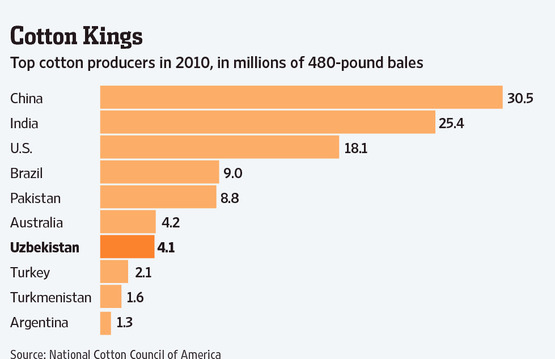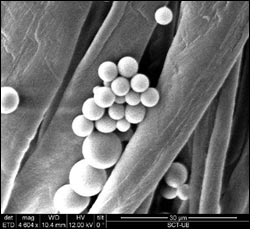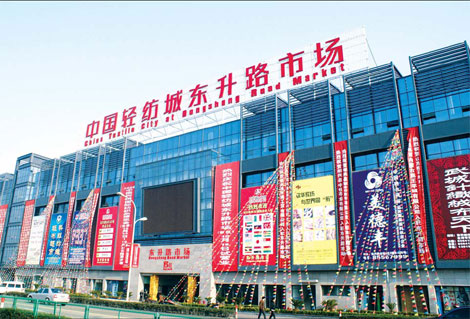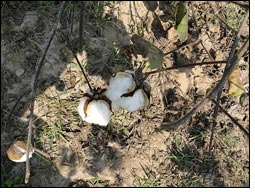|
Cotton and Textile Fair in the Central Asian country's capital Tashkent, not a single Western buyer signed a contract for Uzbekistan's cotton, the government cotton-marketing agent Uztsentrimpex said Wednesday. Western buyers were boycotting Uzbekistan cotton following allegations from rights groups that Uzbekistan allows child labor to be used in cotton growing. The government's marketer doesn't expect a further significant decline in its cotton exports, however, as Russian and Asian buyers were replacing Western buyers at a considerable rate. Although analysts don't expect the shift in cotton-trade flows from Uzbekistan to the East to affect global cotton prices, the Western boycott demonstrates the strength of many retailers' drive to stamp out the use of child labor in the cotton industry. Cotton orders placed at Uzbekistan's international fair fetched $550 million for this year, or about 600,000 metric tons, but sales fell 50,000 tons shy of those at the same event last year. In 2010, Uzbekistan said it earned more than $500 million from cotton sales at the fair. Russian buyers bought 40% of the Uzbekistan cotton available during the fair, with the remaining 60% going to buyers from China, Bangladesh, Vietnam, Japan, United Arab Emirates, Iran, Turkey, Pakistan, South Korea and Singapore. An Uzbekistan government official said the law prohibited children under age 16 from working. He added that even if children did work in the fields, it wasn't because they were forced to do so but because they wanted to. He declined to comment further. Sportswear and equipment maker Adidas AG said it has signed a pledge, along with more than 50 of the world's best known apparel companies, not to knowingly source Uzbek cotton harvested using forced child labor. "The Adidas group fully supports the pledge," said Frank Henke, the company's global director of social and environmental affairs. "We have been enforcing our code of conduct, the so-called 'workplace standards,' for many years, which includes a clear ban of child labor from our entire supply chain. By signing this pledge we are showing our unwavering commitment to the cause." Swedish fashion giant Hennes & Mauritz AB, which also signed the pledge, said it also works to avoid buying from cotton producers that use children workers. "The companies will maintain this pledge until the elimination of this practice is independently verified by the International Labor Organization," H&M press officer Charlotta Nemlin said. "H&M is a major cotton consumer and does not accept child labor." Still, Keith Flury, senior commodity analyst at London-based Rabobank, warns that tracing the origin of cotton supplies remains a challenge for the industry. "Traceability of fiber is easier than raw cotton, but given the complicated and globalized cotton supply chain it is difficult, and adds costs to account for origins in the final textile products," Mr. Flury said. Uzbekistan harvested about 4.1 million tons of raw cotton last year and exported about 65% of that, according to the National Cotton Council of America. |
|
Western Buyers Boycott Uzbekistans Cotton
Updated: 2011-10-20 Source: online.wsj.com

Recommended News
Photo Gallery
Most Popular




